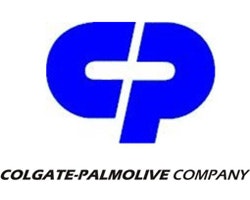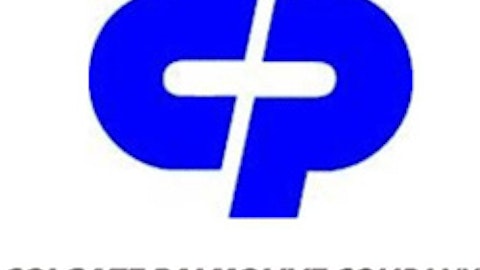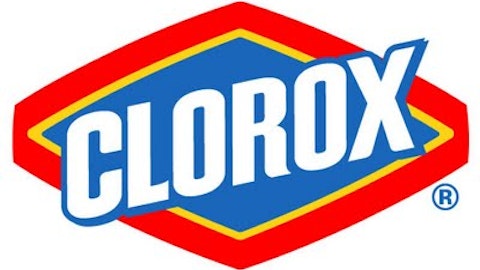Consumer products giant Colgate-Palmolive Company (NYSE:CL), the maker of Colgate toothpaste, Palmolive soap and Ajax household cleaners, recently disappointed Wall Street with weaker-than-expected growth in emerging markets. Since Colgate is a considered a conservative, low-beta, income stock, are analyst concerns overblown? Does the stock’s recent dip represent a unique buying opportunity? Let’s analyze Colgate’s sources of growth and decide if the stock is fairly valued.

Colgate generates 80% of its revenue from international markets. 50% of total revenue comes from emerging markets, while 29% comes from Latin America.
The company’s global revenue grew by 2%, thanks to a 3% gain in sales volume and a 3% increase in prices. This demonstrates pricing power – which companies like Colgate must possess to outpace local and generic competitors.
Global organic sales rose 6%, boosted mainly by 10% organic sales growth in emerging markets. All these strong numbers helped offset a 4% loss from unfavorable currency impacts in 2012.
The Business of Clean Teeth
Out of all of Colgate-Palmolive’s products, demand for its toothbrush and toothpaste products increased the most since the beginning of the year. Colgate’s share of the global toothpaste market increased to 44.6%, while its manual toothbrush market share rose to 32.7%.
Gaining market share in such a fragmented market is not easy, with so many cheaper toothpaste and toothbrush brands available globally.
Venezuela and Latin America
However, Colgate’s Achilles’ heel was its Latin American market, which posted a 1.5% slowdown in sales. Uncertainty prior to elections in Venezuela, exacerbated by a labor slowdown and inflation, dragged down operating income in the region by approximately 4%.
Venezuela devalued its currency for the fifth time in nine years, devaluing the currency by 32% to 6.3 bolivars per U.S. dollar, in an attempt to hold off inflation. With only 0.4% of the world’s population, Venezuela shouldn’t be a major flashpoint, but the country “ has a disproportionate share of sales of many consumer products companies,” according to BMO Capital Markets analyst Connie Maneaty. Colgate depends on Venezuela for 5.2% of its total global sales.
The Venezuelan government also controls prices for basic necessities such as toothpaste, diapers and bleach. In April, President Hugo Chavez set price caps on 19 consumer products in an effort to slow inflation.
While 5.2% of total sales isn’t a big deal for Colgate, Venezuela’s inflation is symptomatic of inflation in other major Latin American economies such as Brazil. If inflation across the region worsens, then Colgate’s bottom line will suffer greatly.
Analysts remain bullish
Colgate’s problems in Latin America spooked some myopic investors, who sold off the stock on February 8. However, most analysts believe the company’s long-term growth potential remains intact, and will strengthen into 2013.
S&P gave Colgate-Palmolive a vote of confidence, stating, “We believe Colgate-Palmolive will be able to maintain its strong market share and to continue investing in R&D and marketing, ultimately benefiting from rising incomes and changing lifestyles, especially in less mature overseas markets.”
Meanwhile, CNBC’s Jim Cramer also remained bullish on the stock, simply stating, “People didn’t like the quarter. I did. Buy, buy, buy.”





